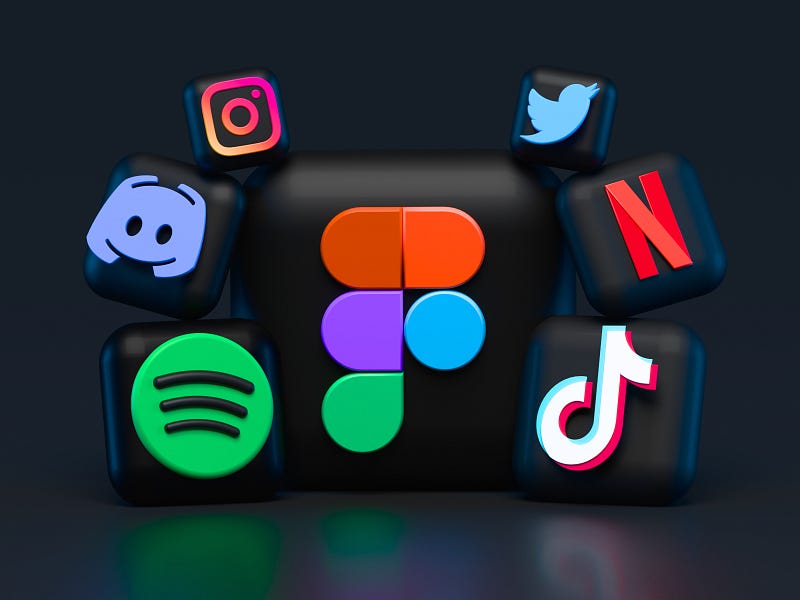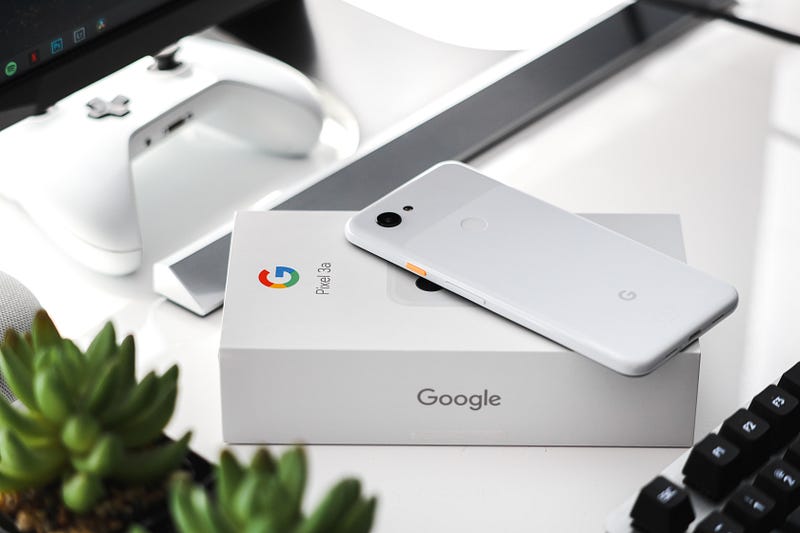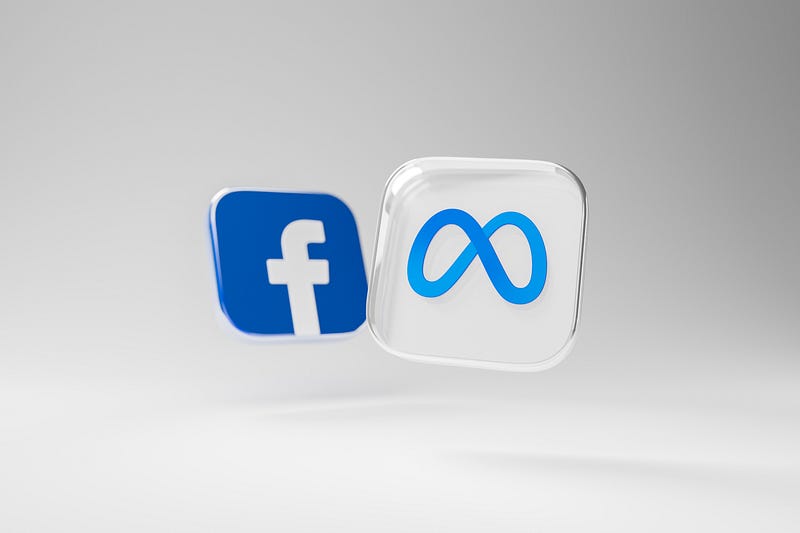Why Paying for Apps is Worth It: A Comprehensive Look
Written on
The Reality of Free Apps
In recent years, we've grown accustomed to utilizing free applications and services. Consider some of the most widely used apps today: Google Search, Google Drive, Google Docs, Facebook, Messenger, WhatsApp, YouTube, Instagram, and TikTok.
What do these platforms share in common? They come at no monetary cost to users. While these free apps often deliver immense value and endless entertainment, they create an expectation that makes it challenging to justify spending money on paid applications. The contrast is stark: with so much value available for free, it’s easy to raise the bar for what we expect from paid options.
However, the notion that these applications are costless is misleading. In reality, there is always a price to pay. If you aren’t paying with money, you’re likely paying with your data.

Understanding Data Privacy
Let’s revisit the old adage: there is no free lunch. If you’re not financially contributing to a product, then you become the product.
Take Google, for instance. They provide an array of invaluable services—such as a lightning-fast search engine, Google Docs, Gmail, and extensive storage options through Google Drive and Google Photos—to billions of users. But how can they afford to offer all this for free?
The answer lies in advertising. Google meticulously tracks your online behavior, collecting data on your searches, emails, and interactions. This information allows them to present you with highly personalized ads at optimal times.
Isn’t that unsettling? Google often knows your preferences better than your closest friends and family. This concentration of power raises significant concerns about data misuse. While it may start with targeted advertising, there’s potential for more troubling scenarios as profit margins fluctuate.
Furthermore, the risk of data breaches is omnipresent. Many high-profile companies have suffered leaks, exposing sensitive user information to the public. In such cases, your personal secrets could be laid bare, without any recourse to safeguard your privacy.

The Facebook Dilemma
Facebook serves as another example, especially considering its ownership of Instagram and WhatsApp. The company's questionable practices regarding user data are well-documented.
Every action you take on these platforms is meticulously logged, enabling Facebook to monetize your data far more effectively than any subscription fee you might have paid for an ad-free experience. This is a trend seen across nearly all free applications.
Bad Business Models
Ultimately, these companies are not focused on enhancing your life or productivity. Their primary aim is to sell advertising space and, in some cases, your data to third parties. By keeping their services free, they maximize profit margins through data monetization, which often leads to unethical practices as they seek additional revenue streams.

The Value of Paid Apps
In contrast, many paid applications operate on a straightforward business model. You invest in the service, and the developers use that revenue to enhance the product, thereby providing greater value. There are no hidden agendas; the transaction is transparent.
Supporting Developers and Companies
Developing and maintaining apps is a complex and costly endeavor. Expenses can quickly add up, whether for individual developers or larger companies, even without ongoing feature updates. When I pay for an app, I know I’m directly supporting the creators and their vision, rather than contributing to another advertisement machine.
Moreover, developers can reinvest profits to enhance their offerings. A successful app benefits both the creators and users, fostering a mutually beneficial relationship.

The Bottom Line
While it’s easy to be tempted by free apps, it’s crucial to weigh the hidden costs against the benefits of paid alternatives. I acknowledge that expenses can accumulate, especially in today’s economic climate, but the decision ultimately lies with you.
After outlining the advantages of paid applications over free ones, it’s clear that the primary selling point of free apps remains their cost. However, being aware of the hidden costs can empower you to make more informed choices when selecting your next app.
The first video title is 12 Paid Apps that are Totally WORTH Your Money! - YouTube. This video explores various paid applications that offer significant value for their cost.
The second video title is Top 18 Apps That Pay in 24 Hours to Do Nothing (2024) - YouTube. This video highlights apps that allow users to earn money effortlessly.